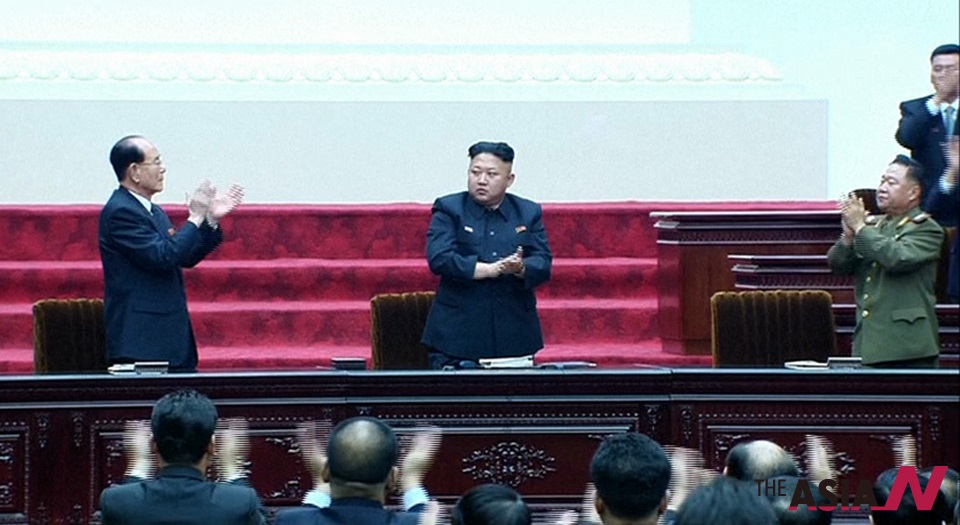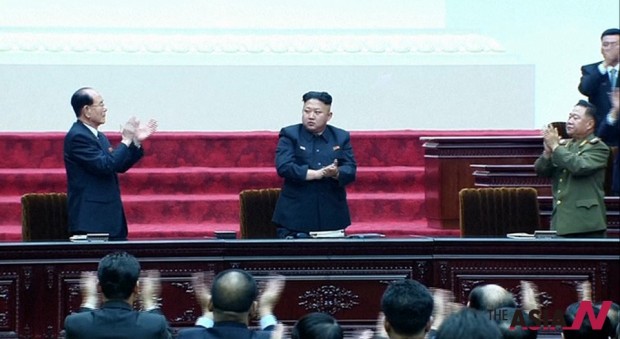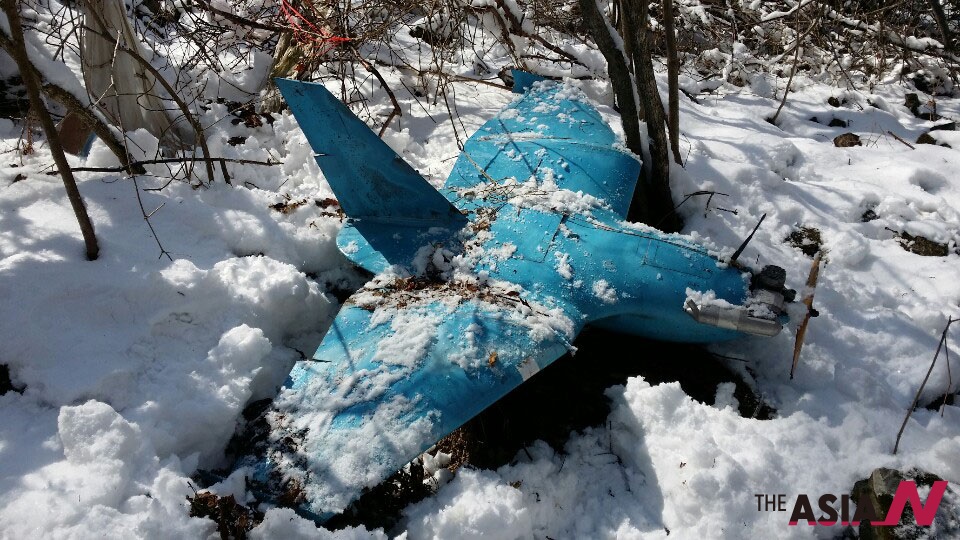
NK chooses stability over change

North Korea apparently chose stability of its leadership and policies over change in its latest leadership reshuffle, experts said Thursday.
During the first session of the newly formed Supreme People’s Assembly (SPA), Wednesday, North Korean leader Kim Jong-un was re-elected as head of the North’s powerful National Defense Commission.
Kim Yong-nam, the North’s ceremonial head of state, retained his position as president of the Presidium of the SPA, and Premier Pak Pong-ju also kept his job.
Analysts and government officials said the North’s regime reshuffle indicates that Pyongyang is seeking for internal stability amid tensions with South Korea and the United States.
“There were no big changes in the leadership nominations during the SPA session and new policy directions were not announced,” said an official from Ministry of Unification that handles inter-Korean affairs, Thursday. “We believe the North has chosen stability more than change.
“There is little possibility that the North will bring about any big policy shift. We see the North’s future policies to be an extension of the previous ones,” the official added.
Wednesday’s parliamentary meeting came a month after Kim was elected to the new legislature in uncontested nationwide elections along with 686 deputies.
Before the meeting, observers expected a major shift in the North’s leadership, given that the SPA session marks the first since 31-year-old Kim took the helm of the country in 2012.
Also, the shocking execution of his once-powerful uncle Jang Song-thaek in December contributed to that speculation.
Jang previously was the vice chairman of the defense commission but his position was filled by Choe Ryong-hae, the North Korean military’s top political officer, at Wednesday’s meeting.
“It is natural to say that Choe will assume the former role of Jang,” the official said.
Meanwhile, the North also appointed Ri Su-yong, a former ambassador to Switzerland, to replace Pak Ui-chun as the foreign minister of the communist country.
Experts say his appointment is unlikely to lead to any dramatic change in the North’s foreign policy toward the U.S. or its nuclear programs because Ri seems to have similar policies to those of his predecessor.
In recent weeks, the North has escalated tensions through the launch of ballistic missiles and rockets into the sea off its east coast. Pyongyang has also threatened to carry out a “new form” of nuclear test.
The moves were apparently in anger over recent joint annual military drills between South Korea and the U.S. Pyongyang has claimed that the exercises are a rehearsal for war against the communist nation, a charge denied by Seoul and Washington.
North Korea has vowed to pursue a dual-track policy of economic growth and the development of nuclear weapons, which Pyongyang says are a deterrent against what it claims is Washington’s policy of hostility. By Chung Min-uck The korea times




